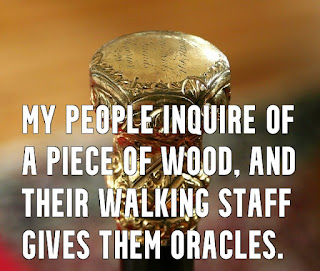The priesthood in Israel performed numerous functions, all of which have some spiritual application to Christian living.
The Israelite and Judean priesthood offered sacrifices to God, prefiguring the praise and worship of believers. The priesthood performed an intercessory function, offering sacrifices to cover sins. The priesthood taught the law, just as Christians who let the word of Christ dwell in them richly are able to teach and admonish one another in all wisdom. Moreover, the priesthood judged between clean and unclean, just as the Christian must learn to avoid earthly ties and partnerships.

.jpg)
.jpg)

.jpg)











